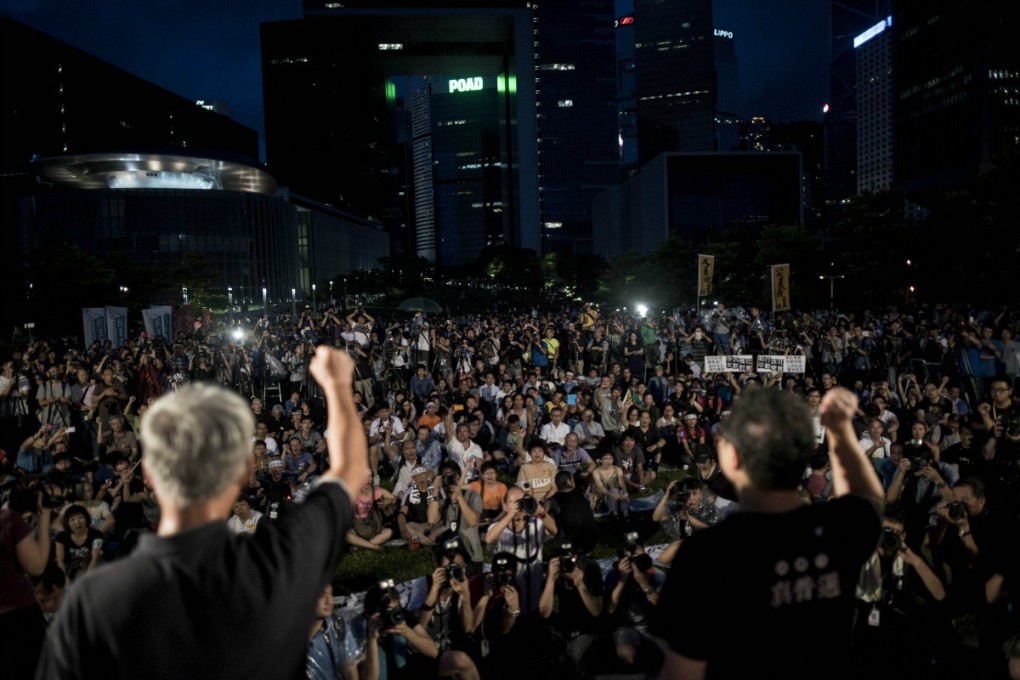Exclusive | ‘A sad day for Hong Kong and democracy’: Scholar slams Beijing’s reform plan
Professor Larry Diamond says decision to impose an Iranian-style rigged system for the 2017 election means no progress has been made on democratic reform

Calling it a “sad day for Hong Kong” one of the world’s prominent democracy scholars decried Beijing’s new restrictions on Hong Kong’s upcoming elections, saying they would fail to meet international standards for universal suffrage and could invite a public boycott.
This seems to be about the worst outcome imaginable. No progress toward democracy, not even a timetable toward democracy, and frankly, not even an effort to gesture toward democracy
“This is a sad day for Hong Kong, and for democracy,” Professor Larry Diamond, senior fellow at Stanford University’s Hoover Institution, said in an email interview. “This seems to be about the worst outcome imaginable. No progress toward democracy, not even a timetable toward democracy, and frankly, not even an effort to gesture toward democracy.”
Beijing plan allows it to essentially screen out unsatisfactory candidates. The international community, he said, will not consider an election based on Beijing’s framework as democratic unless the nominating committee permits candidates across the political spectrum to appear on the ballot.
“It is difficult to see how, under this Iranian-style rigged system, pro-democracy forces will have any chance of nominating a candidate of their own,” said Diamond, founding co-editor of the Journal of Democracy.
“Unless a shockingly hopeful surprise emerges out of the nominating committee, I suspect that many Hongkongers will see the race as a contest between two slightly different flavours of vanilla and will boycott the election.”
At least two additional international scholars on law and politics said that the blueprint issued by the National People’s Congress Standing Committee failed to meet international standards on universal suffrage, as reflected in the United Nations’ International Covenant on Civil and Political Rights.